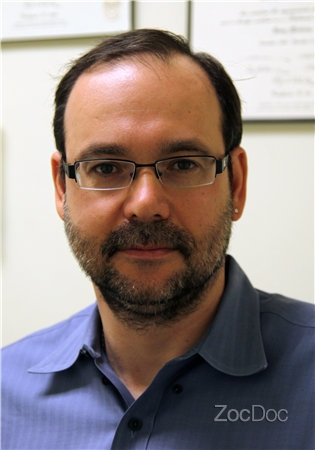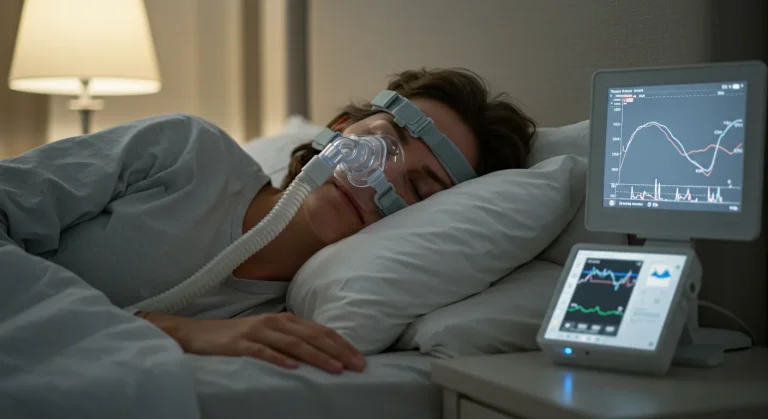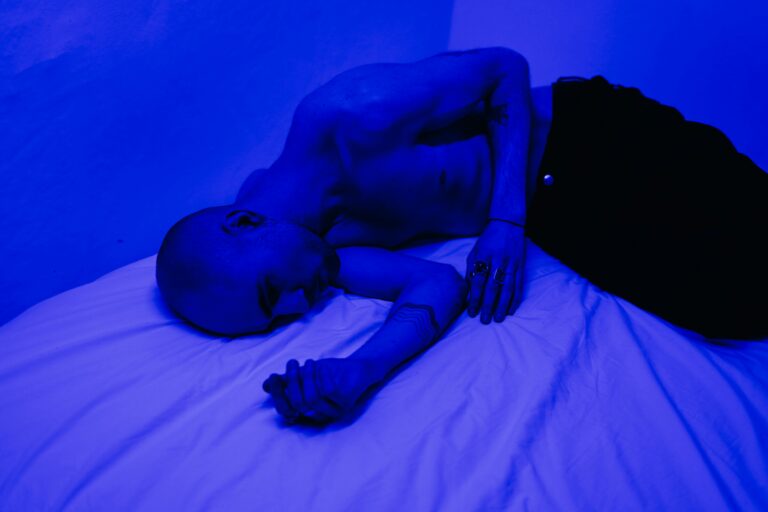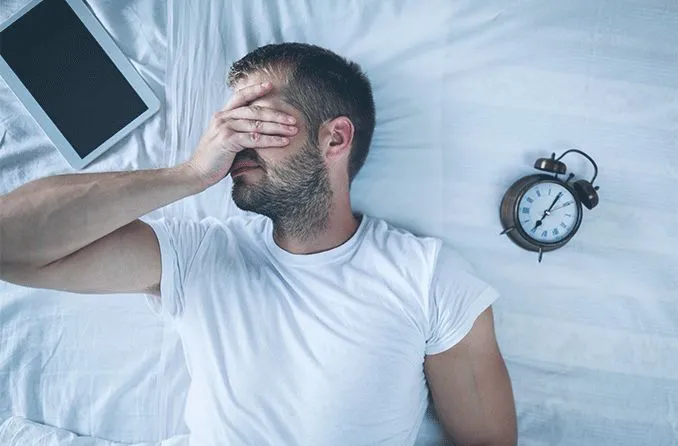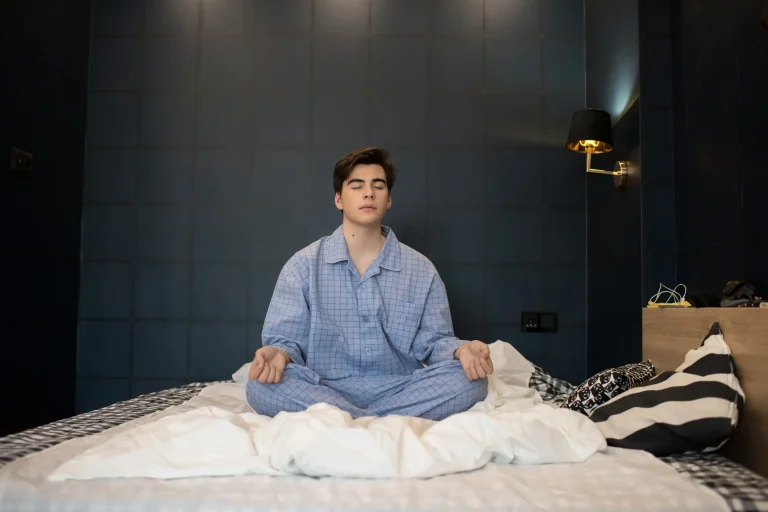How Does The Environment (noise, Temperature, Etc.) Affect Sleep Quality In Busy Adults?
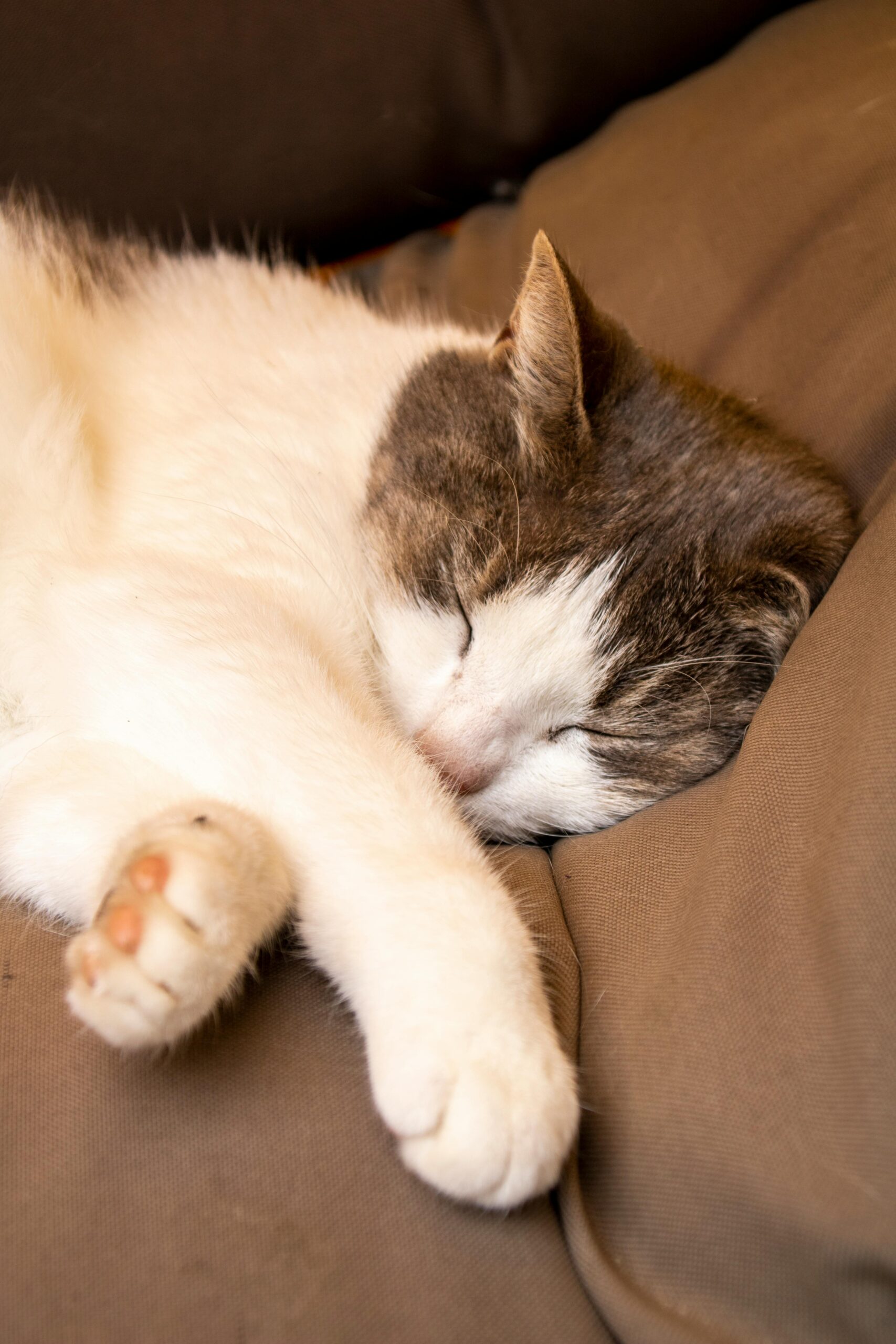
Ever wonder why you sometimes wake up feeling refreshed, while other times you feel like you didn’t sleep at all? The environment you sleep in plays a pivotal role in determining the quality of your sleep. Understanding these factors is essential, especially for busy adults trying to juggle work, family, and personal time. So, how does the environment, including noise, temperature, and other factors, affect sleep quality in busy adults?
The Importance of Sleep
Before we get into the specifics, it’s crucial to acknowledge why sleep is so important. Quality sleep is vital for overall health and well-being. It affects your mood, cognitive function, and even your physical health. Not getting enough quality sleep can lead to a plethora of issues, including depression, anxiety, heart disease, and a weakened immune system.
Key Environmental Factors Affecting Sleep
Understanding what impacts your sleep environment can help you make necessary adjustments for better quality sleep.
1. Noise
Noise is one of the most common disturbances that can severely affect sleep quality. Whether it’s the sound of traffic, a loud neighbor, or even a ticking clock, noise can prevent you from falling asleep or wake you up suddenly.
Types of Noise
- Constant noise: Such as a fan or air conditioner. These can be soothing for some people.
- Intermittent noise: Like traffic or people talking, which can be more disturbing.
Impact of Noise on Sleep
Noise can increase the production of stress hormones like cortisol, making it harder to fall asleep and stay asleep. Even if you manage to fall asleep, intermittent noise can cause disruptions in your sleep cycle.
2. Temperature
Your body has a natural temperature cycle that aligns with your sleep-wake cycle. Your core temperature naturally drops during the evening, helping to induce sleep. Hence, any disturbance in this cycle can affect your sleep quality.
Optimal Sleep Temperature
Most experts recommend keeping your bedroom temperature between 60-67°F (15-19°C) for optimal sleep. Bedrooms that are too hot or too cold can disrupt this natural cycle and make it harder to fall asleep or stay asleep.
3. Light
Light exposure plays a critical role in regulating your circadian rhythm, which in turn affects your sleep quality.
Natural vs. Artificial Light
- Natural Light: Exposure to natural light during the day helps keep your internal clock in sync.
- Artificial Light: Blue light from screens and other artificial sources can trick your body into thinking it’s still daytime, making it harder to fall asleep.
4. Bedding and Mattress
Your mattress and bedding can also affect your sleep quality. A mattress that’s too firm or too soft can lead to discomfort and disrupt your sleep.
Choosing the Right Bedding
- Mattress: Aim for one that supports your body and aligns your spine properly.
- Pillows: Support your neck and head to prevent discomfort.
- Bedding: Should be breathable to regulate temperature.
5. Humidity
Humidity levels in your bedroom can also impact sleep. Too much humidity can make the room feel stuffy, while too little can cause dry skin and respiratory issues.
Ideal Humidity Levels
Most experts recommend maintaining a humidity level between 30-50% for optimal sleep.
6. Room Arrangement
The layout of your bedroom can sometimes be overlooked, but it can make a difference in how well you sleep.
Considerations for Room Arrangement
- Clutter: A cluttered room can cause stress and anxiety, which are detrimental to sleep.
- Furniture Placement: Ensure easy movement and avoid any obstacles that could be a tripping hazard in the dark.

How Busy Adults Can Optimize Their Sleep Environment
1. Investing in Quality Bedding
While it might be tempting to skimp on costs, investing in quality bedding is crucial for better sleep. Pay attention to factors like material, firmness, and size.
2. Using White Noise Machines
For those living in noisy environments, white noise machines can be a lifesaver. These machines drown out disruptive noises, helping you fall into a deeper sleep.
3. Implementing a Sleep Routine
Having a consistent sleep routine helps signal your body that it’s time to wind down. This includes activities like reading a book, taking a warm bath, or doing light stretches.
Role of Vector Sleep Diagnostic Center in Improving Sleep Quality
Understanding and addressing sleep-related issues can be significantly more manageable when you have expert guidance. This is where the Vector Sleep Diagnostic Center comes into play.
About Vector Sleep Diagnostic Center: Where Expertise and Compassion Converge
Vector Sleep Diagnostic Center specializes in sleep health, providing comprehensive care and diagnostics for those dealing with sleep disorders.
Led by a Veteran Sleep Medicine Specialist
The center is led by Dr. Dmitriy Kolesnik, a board-certified specialist in sleep medicine, psychiatry, and neurology with over two decades of experience. Born in Russia and furthering his expertise in New York, Dr. Kolesnik brings a wealth of knowledge and hands-on experience to the center.
Academic and Clinical Excellence
Dr. Kolesnik also serves as a Clinical Instructor in Neurology at Weill Medical College of Cornell University, ensuring that he stays updated on the latest research and treatment modalities.
Comprehensive Care and Advanced Technologies
Since taking on the role of Medical Director in 2009, Dr. Kolesnik has led the center to embrace cutting-edge technologies and evidence-based practices. From diagnosing to treating a variety of sleep disorders, the center offers personalized and compassionate care to all patients.
Our Mission and Vision
At Vector Sleep Diagnostic Center, the aim is to serve as the definitive resource for sleep health, guided by ethical patient care and clinical innovation. The goal is to offer unmatched patient support and diagnostic excellence for those suffering from sleep disorders.
Why Choose Vector for Consultation and Education?
When you opt for consultation and education at Vector, you’re in the hands of board-certified sleep specialists equipped with the latest technologies.
Services at Vector Sleep Diagnostic Center
| Service | Description |
|---|---|
| Sleep Studies | Includes overnight polysomnography, home sleep apnea test, and specialized pediatric sleep studies. |
| Sleep Apnea Care | Comprehensive services like CPAP titration and DME setup for personalized care. |
| Insomnia Solutions | Specialized evaluations and treatment plans to address the root causes of insomnia. |
| Specialized Evaluations | Custom solutions for unique sleep challenges, tailored to individual needs. |
| Consultation and Education | Comprehensive evaluations including sleep history, lifestyle, and symptom discussions. |
| Follow-Up and Continuous Care | Continuum of care to ensure your treatment remains effective over time. |
Contact Us
For further information, you can contact Vector Sleep Diagnostic Center at:
- Address: 26, 62-60 99th St, Rego Park, NY 11374
- Phone: (718) 830-2800
- Email: vectorsleep@gmail.com
Conclusion
Sleep is an integral part of maintaining a healthy lifestyle, especially for busy adults. Environmental factors such as noise, temperature, light, bedding, and room arrangement play a significant role in determining sleep quality. Understanding these elements allows you to create a more conducive sleep environment, improving both your sleep quality and overall health.
Vector Sleep Diagnostic Center offers a range of specialized services designed to diagnose, treat, and manage sleep disorders, providing you with the expertise and personalized care you need. By taking the necessary steps to optimize your sleep environment and seeking professional help when needed, you can significantly enhance your sleep quality, leading to better productivity and well-being.



